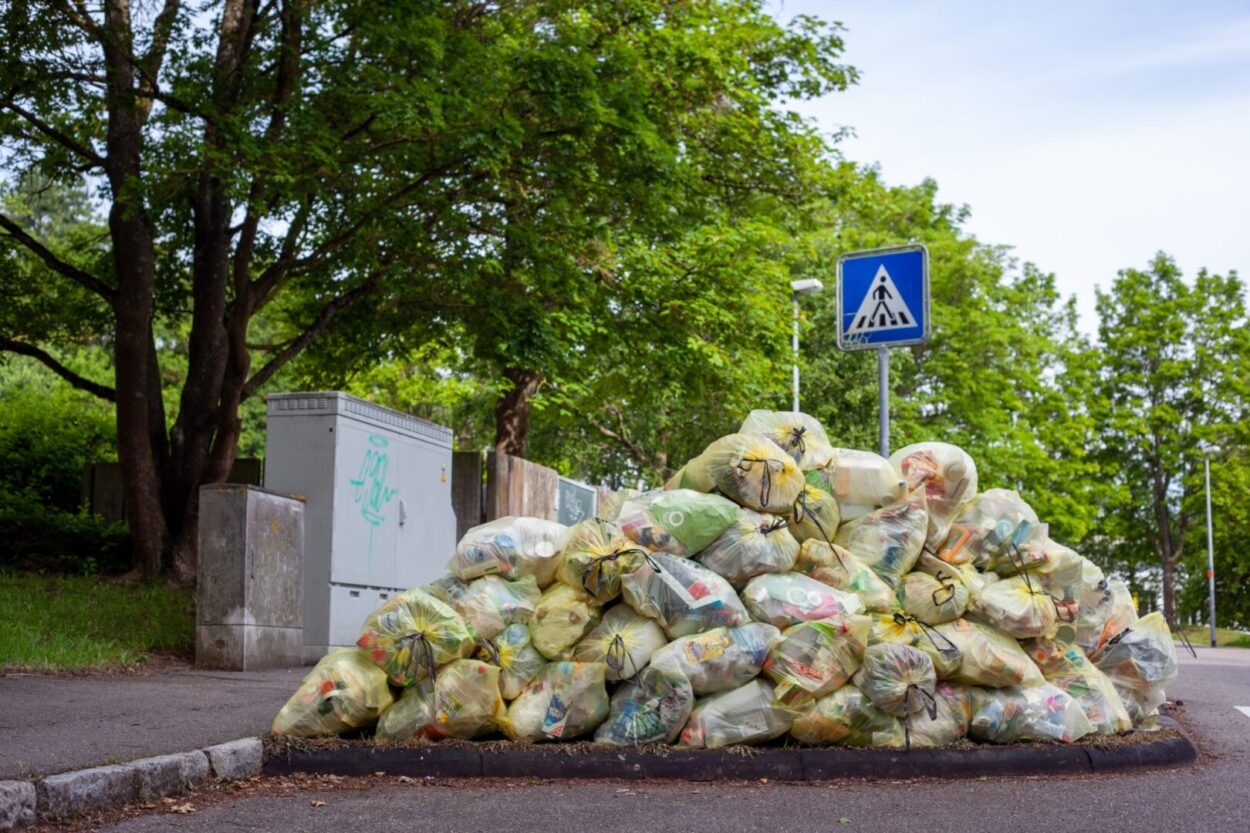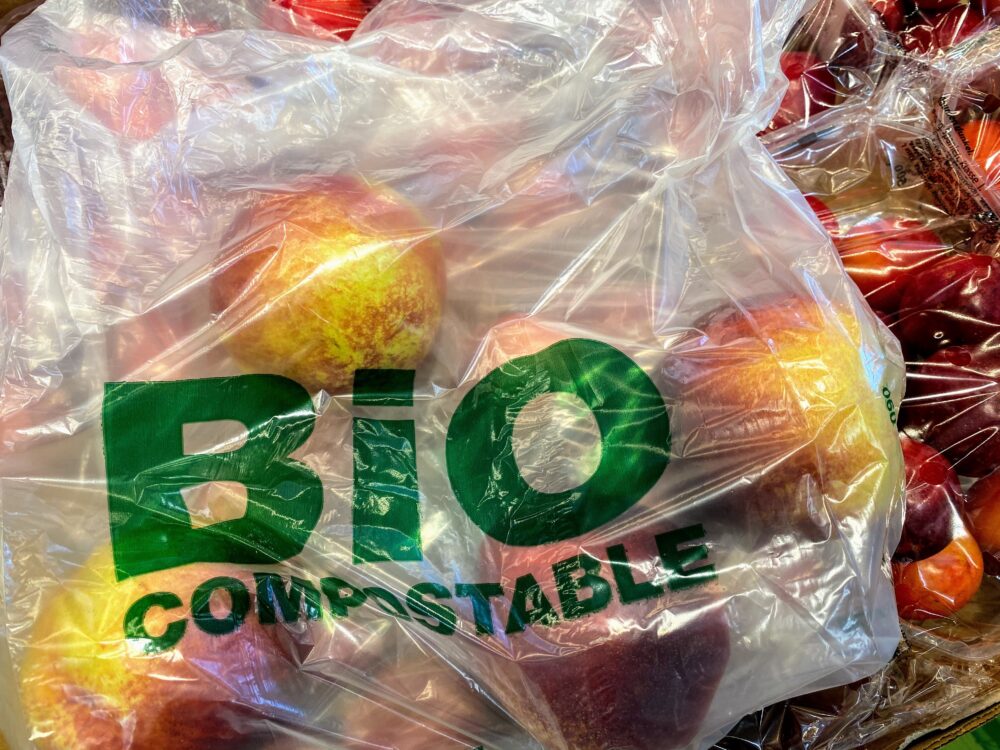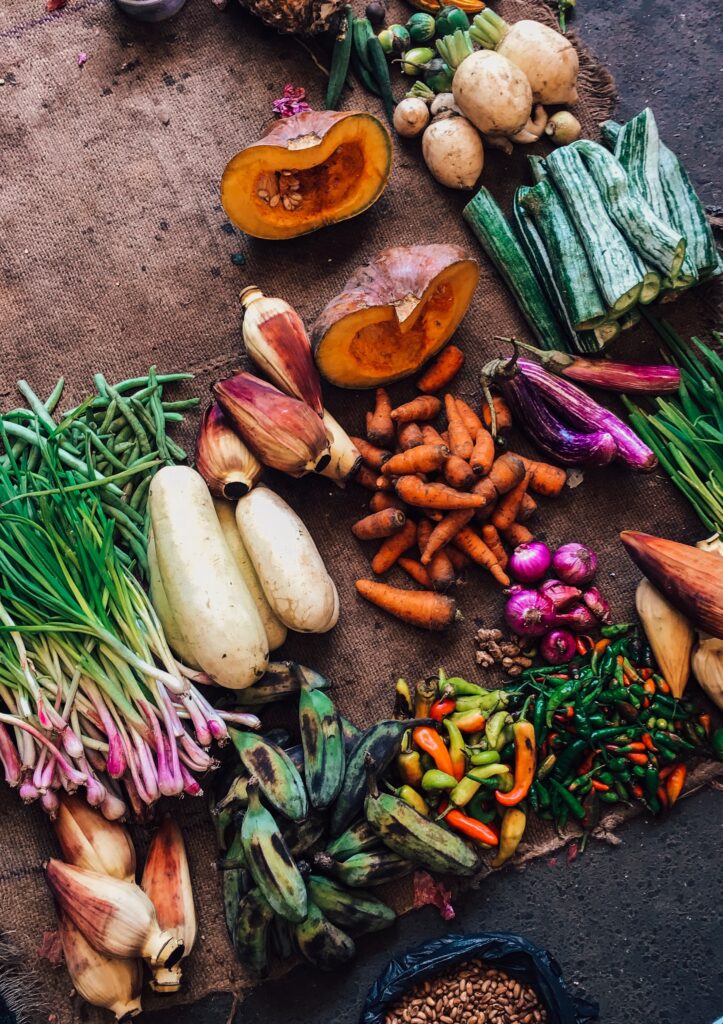Jasmine Birtles
Your money-making expert. Financial journalist, TV and radio personality.


The recent furore regarding the cost of living has been brought to a head, largely by the fantastic food blogger, Jack Monroe, in a now infamous Twitter exchange in which she questioned the government’s supposed 5 per cent hike in food prices. She shows that the cost of basic foods like pasta and rice have gone up by closer to 100% in recent months, causing anguish to low-income families.
The reality of food poverty has never been more pressing. The Joseph Rowntree Foundation reports that “In the UK alone, 5 million people lived in food poverty between 2019 – 2020, according to the government’s latest Family Resources Survey. In 2020, this was 8% of the population, but data from The Food Foundation suggests food insecurity levels rose to 9% of the population in January 2021.” This is said to have risen even further as a result of the pandemic.
Celebrities like England footballer Marcus Rashford have worked tirelessly to highlight the shocking imbalance in the UK via his FareShare charity, raising the money to distribute the equivalent of over 21 million meals for children and families who might not otherwise eat.
Rashford used his star power to also draw attention to the massive problem of food waste in the UK. FareShare redistribute surplus food to charities that turn it into meals, taking on the legality, food safety and full traceability of items and distributing them to charities who each specialise in the areas of their own community where food is short.
However, what still proves shocking to us at MoneyMagpie.com is that Freeganism – combining the words free and vegan to describe the act of living from waste food discarded by others – is technically still illegal in the UK.
Jasmine Birtles, founder of this website, says “I have been a fan of Freeganism for years. I hate waste in all its forms but food waste is particularly upsetting. Right now we all need all the help we can get to keep costs down and vulnerable families need access to cheap and free food where possible. I’m calling on the Government to make it easier for supermarkets and other food outlets to allow people to take free food that they have thrown out. It just makes sense.”
Whilst ‘dumpster-diving’ or ‘skip-diving’ – the process of helping yourself to similarly discarded non-food items from waste receptacles – is technically legal (due to a loophole), taking food from a skip or bin is still perceived as theft and can be prosecuted as such.

JC Solicitors state on their website that, “Figures from the Government’s waste reduction advisory body, Waste and Resources Action Programme, show 89 million tons of food is discarded per year in the EU. (15 million attributable to the UK),’ and therefore highlighting the economic, environmental and social implications. However, by taking the food yourself to feed your family is punishable; so although morally fair, it is not deemed so by the law.
“Under criminal law, supermarkets are still within ‘possession or control’ of the goods when they are placed into bins for disposal. The goods have been put there for a purpose, and that purpose is for them to be disposed of by an appropriate refuse authority. Therefore, until the goods have been collected, in the manner to which the supermarket is expecting, the goods remain within their ‘possession or control’ and can be the subject of a theft.”
The difficulty of what happens to surplus food is clearly of significant importance, and recommendations have been put forward to the government that perhaps tax breaks could be offered to encourage supermarkets to donate edible unsold food to food banks (which some supermarkets already do).
However, if society condones the act of ‘Freeganism’ by not prosecuting individuals for theft, then do we begin to flout our criminal law as it stands? Are we abusing our criminal justice system to satisfy a current moral dilemma?
Freeganism is seen as an ethical fight against food waste as much as a way of accessing food.
Last year, a story in Kent Live magazine told of a teacher who went fully freegan to combat waste. People assumed she was poor, but she was raiding bins to cut down on waste and often redistributed some of her findings with homeless people.
What is needed to make this more accessible to people is clarity of law surrounding property and legibility. Whist the food is under the jurisdiction of the supermarket or food chain, they are technically still liable if it were to make someone sick. So to protect businesses and the public, the law needs to decide at what point food is discarded that is out of the control of the “owner.”
Doctor Sean Thomas, senior law lecturer at Anglia Ruskin University, wrote a paper on the subject and explained that “a freegan cannot be prosecuted for stealing goods that have been abandoned because abandoned goods cannot be stolen. The problem lies in proving that goods have been abandoned and so a freegan, taken to court, would stand a better chance of avoiding conviction by claiming their actions were not dishonest. They could argue there is a moral right to take rubbish because it benefits the environment, that they believe the owner wouldn’t mind, or that they don’t consider themselves or their activities dishonest. As it is even harder to define dishonesty, it would be left to jury members to decide guilt or innocence.”
This makes it even clearer that the point of confusion lies within proof of discard. Saying it is legal to take waste could leave supermarkets open to people confusing their deliveries as waste (for example) so the law needs to clearly provide a way that goods are declared refuse.
Jasmine adds “in some countries they have a ‘good Samaritan’ law that enables shops and other food outlets to give away surplus food without fear of legal come-back if someone has food poisoning. We should have something like this in the UK.”

At MoneyMagpie we have had enough so we have started a campaign for the government to find a loophole or change this act to legal. Food waste is an issue, poverty is an issue. Let’s try and make a change by uniting the two.
To sign the petition, follow the link HERE and share with anyone you think may help. Thank you and let’s keep our fingers crossed that this is taken to Parliament.
